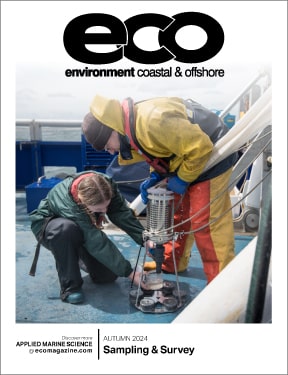Minimum Qualifications
- Master’s of Science or Doctoral degree from an accredited University in Fisheries Biology, Biology, Ecology, Environmental Science or related field. Five years of experience in fisheries or wildlife biology with experience in salmon and shellfish management.
- Knowledge of current Northwest Washington wild salmonid stock management practices, with an understanding of Washington state Co-manager processes.
- Knowledge of life history strategies and habitat requirements of anadromous fish species.
- Knowledge of relevant environmental laws and procedures such as the Pacific Salmon Treaty, Endangered Species Act and Clean Water Act, and how they affect resources important to the Upper Skagit Indian Tribe.
- Previous experience with statistical design and analysis, implementation of research and assessment studies, data validation and QA/QC, and any necessary database design.
- Proficient with R or comparable statistical software packages required. Experience with occupancy, habitat modeling and quantitative population dynamics desired.
- Use computers and programs including, but not limited to, Microsoft Office suite (Word, Outlook, Excel, PowerPoint, and Access) and ArcGIS 10.0 and public domain databases such as RMIS, WQX and climate data centers.
- Experience managing fisheries or natural resources related projects, including personnel and budget management.
- Strong technical writing skills with familiarity summarizing complex findings. Experience preparing manuscripts for publication a plus.
- Must be able to bend, reach, kneel, twist and grab items while working in the field, and be able to lift 80 lbs.
- Must be willing and able to work non-traditional schedules, including nights, weekends and holidays. Willingness to work in the field environments under a variety of climate conditions.
- Must be able to successfully resolve conflicts in the conduct of work activities with coworkers and stakeholders.
- Must be able to maintain confidentiality of information received orally or in document handling. Willing to sign a confidentiality/non-disclosure agreement. Must be respectful and sensitive to the values and culture of the Upper Skagit Indian Tribe.
- Must be able to pass a pre-employment drug test and comply with the Drug Free Workplace Act.
- Must possess valid Washington State driver’s license and be insurable.
- Must pass a background check including a criminal background check.
Compensation: $92,500.00 – $98,500.00 per year

